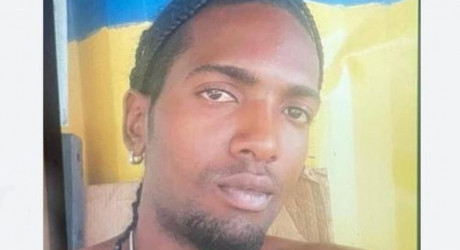.png)
Greg Christie, Executive Director of the Integrity Commission, wants the agency to be given the power to instruct public bodies to fix internal processes that could lead to corruption or face penalties.
Mr Christie made the suggestion as executives of the commission appeared before Parliament’s Integrity Commission Oversight Committee (ICOC) at Gordon House on Tuesday.
Mr Christie said the Integrity Commission is now in the process of reorganising to create a fourth arm which will primarily focus on corruption prevention. He said this arm will educate about corruption and review internal processes of public entities and make recommendations.
He pointed to Sierra Leone where that country’s anti-corruption body is able to order public bodies to make changes to their processes, “and the public body has three months within which to effect the change”.
“They can respond with their own opinion, but at the end of the day, the anti-corruption has the final say, and if the change is not carried through, the head of that public body or the accounting officer… is guilty of a criminal offence and subject to a fine, not imprisonment, and he’s also subject to hosing his or her job,” he explained of the Sierra Leone model.
Mr Christie's recommendation came after he asserted that Jamaica’s Integrity Commission's current organisational structure was flawed and not fit for the purpose for which it was established.
He said this was because none of the divisions of the Commission has been mandated to prevent corruption.
He noted that, “of the sixteen functions that are outlined in Section 6 – the mandates of this Commission – basically only four or five were addressed by the structure…”
Mr Christie said, to facilitate creation of the fourth division, the prescribed number of posts at the Commission would need to be increased by 10 to 145.










 All feeds
All feeds







